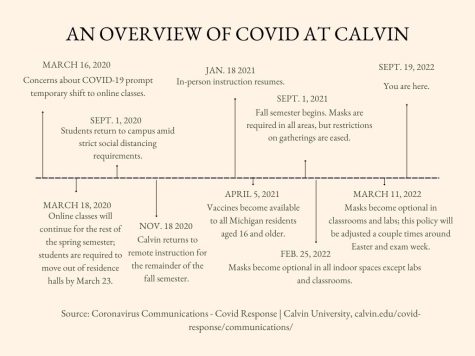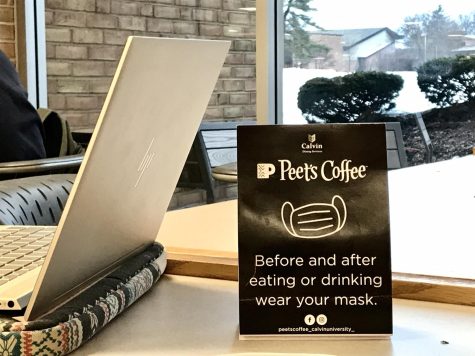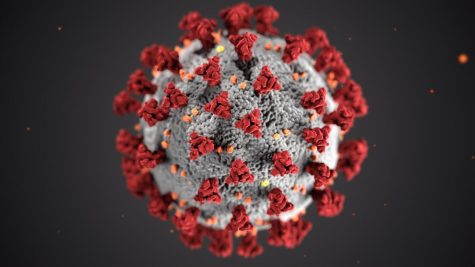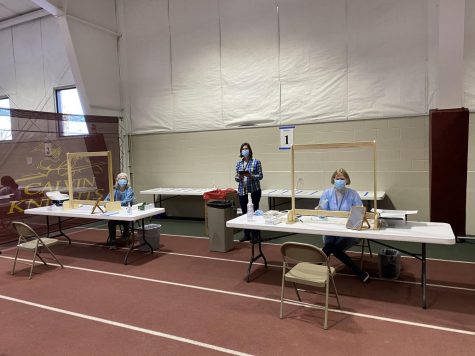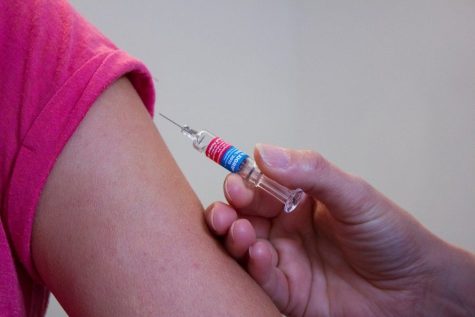Can we predict how many people in the Calvin community will get sick? It’s more complicated than that, public health profs say.
The statistical predictions of how COVID-19 will impact the Calvin community are difficult to predict, according to Erica Boldenow and Kristen Alford, public health professors.
Typically, statistical numbers for diseases can take months or years to develop into official reports by the CDC. Boldenow said: “It’s incredible that something [like] COVID-19 has gained enough attention and enough support that we’re getting numbers from the CDC that are fairly accurate every week.”
Predicting the numbers for Calvin is challenging because one has to factor in predictions on how the virus moves, how it works biologically, where people in the Calvin community are currently living, how people are moving, whom people are coming into contact with, and interventions that are put into place in each location, according to Alford and Boldenow. Other factors include testing limitations, as tests are only being administered to sick individuals, and COVID-19 is largely asymptomatic. We do not know how many people have the virus, said Boldenow.
Alford added: “When we’re talking about projections, we almost have to project not only who’s going to get it, but who thinks that they got it.” When discussing impacts, one not only has to look at students and faculty who have the virus, but also who among their loved ones contracted it, and there is no way to collect that data, said Alford.
If we were all on campus together, it would be easier to make a more accurate prediction, said Boldenow.
Alford mentioned the impacts beyond the physical virus. Other disasters have brought increased levels of trauma, anxiety, depression, and PTSD, among others, and COVID-19 could bring similar mental health concerns. “I’m hopeful that we as a Calvin community respond to each other well now and as we return. I hope this will give us the opportunity to have more grace and to think about people’s unique situations better,” said Alford.






